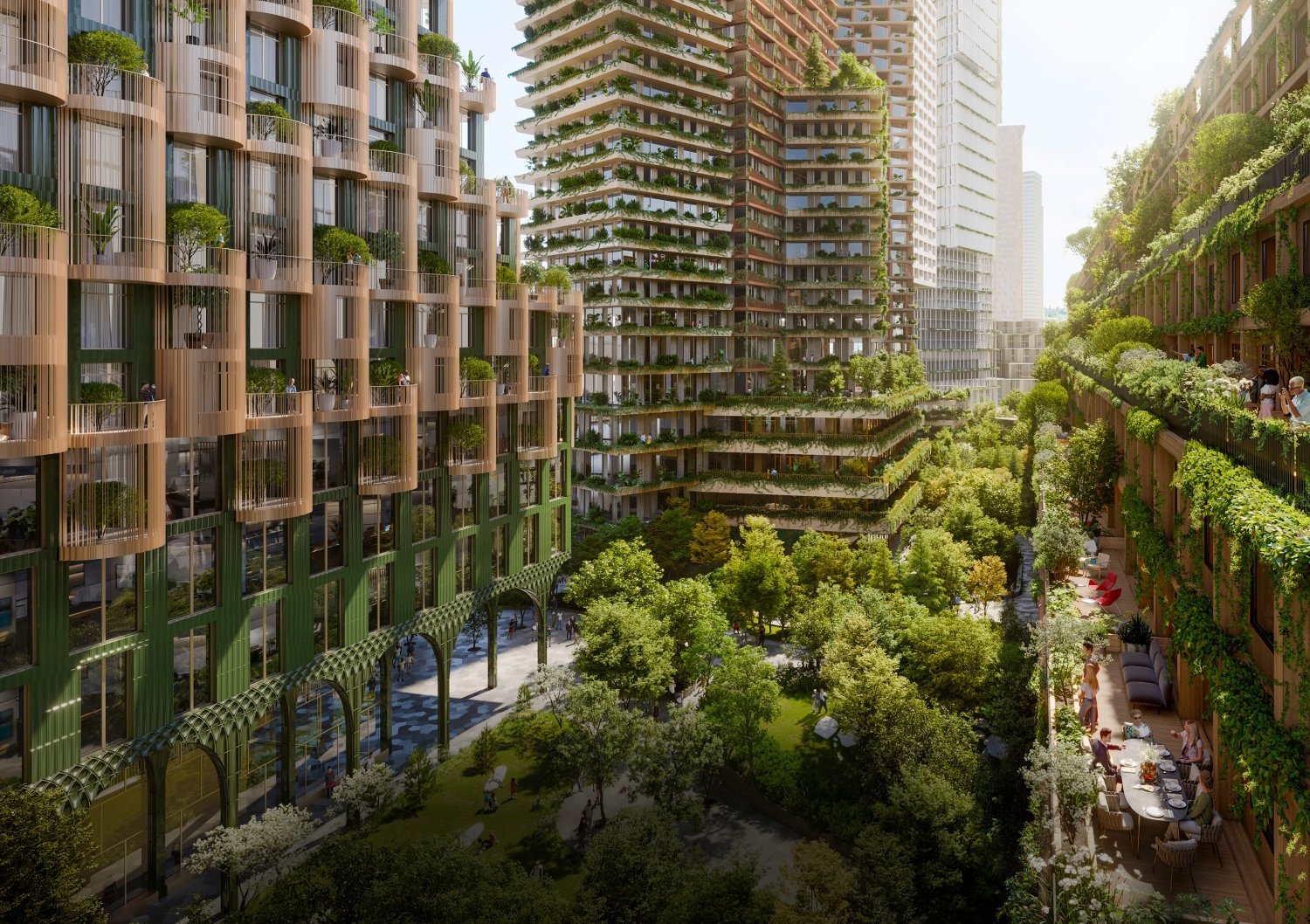Alphabet's "urban innovation" division, Sidewalk Labs planned to build a model "smart city" along 12 acres of Toronto's waterfront, an area also known as the Quayside.
However, they abandoned it project in 2020, as reported by Technology Review of MIT,” after many years of public controversy over the vision of a $900 million city.”

Her big idea Sidewalk it was the fancy new technology. This part of Toronto was to become a hub for a streamlined urban experience with robotaxis, heated sidewalks, autonomous trash collection and an expansive digital layer to monitor everything from crosswalks to parking lots.
Had it succeeded, Quayside could have been the evidence of the idea, establishing a new development model for such cities everywhere. He could have proved that the model of the smart city with sensors that was embraced in China and the Persian Gulf has a place in more democratic societies as well. Instead, Sidewalk Labs' two-and-a-half-year struggle to build an internet neighborhood failed because they couldn't explain why anyone would want to live in such a city.
The lack of seriousness with the privacy concerns of Torontonians was probably the main reason the project was stopped. There is much less tolerance in Canada than in USA for the private sector to control public roads and transport or to collect data from companies about people's routine activities.
"In the US it's life, liberty and the pursuit of happiness," says Alex Ryan, senior vice president of partnership solutions for the Mars Discovery District, a Toronto nonprofit founded by a consortium of public and private funders and billed as North America's largest urban innovation hub.
"In Canada it is peace, order and good government. Canadians don't expect the private sector to come in and save us from government because we have a lot of trust in government."
In its approach, Sidewalk failed to understand Toronto's urban culture. Almost every person who spoke about the project used the word "insult" or "arrogance" to describe the company's attitude. Some used both.
In February, Toronto announced new plans for the same area, the article says, with “800 affordable apartments, a 2-acre forest, a farm, a new art space focused on Indigenous culture and a promise of zero carbon emissions. .. Indeed, the philosophical turn that marks the new design, emphasizing wind, rain, birds and bees rather than more and more data, seems like a realistic response to the demands of the present moment and the near future”.
The article calls the new project "a blatant repudiation not only of the 2017 proposal but of the very concept of a smart city."





